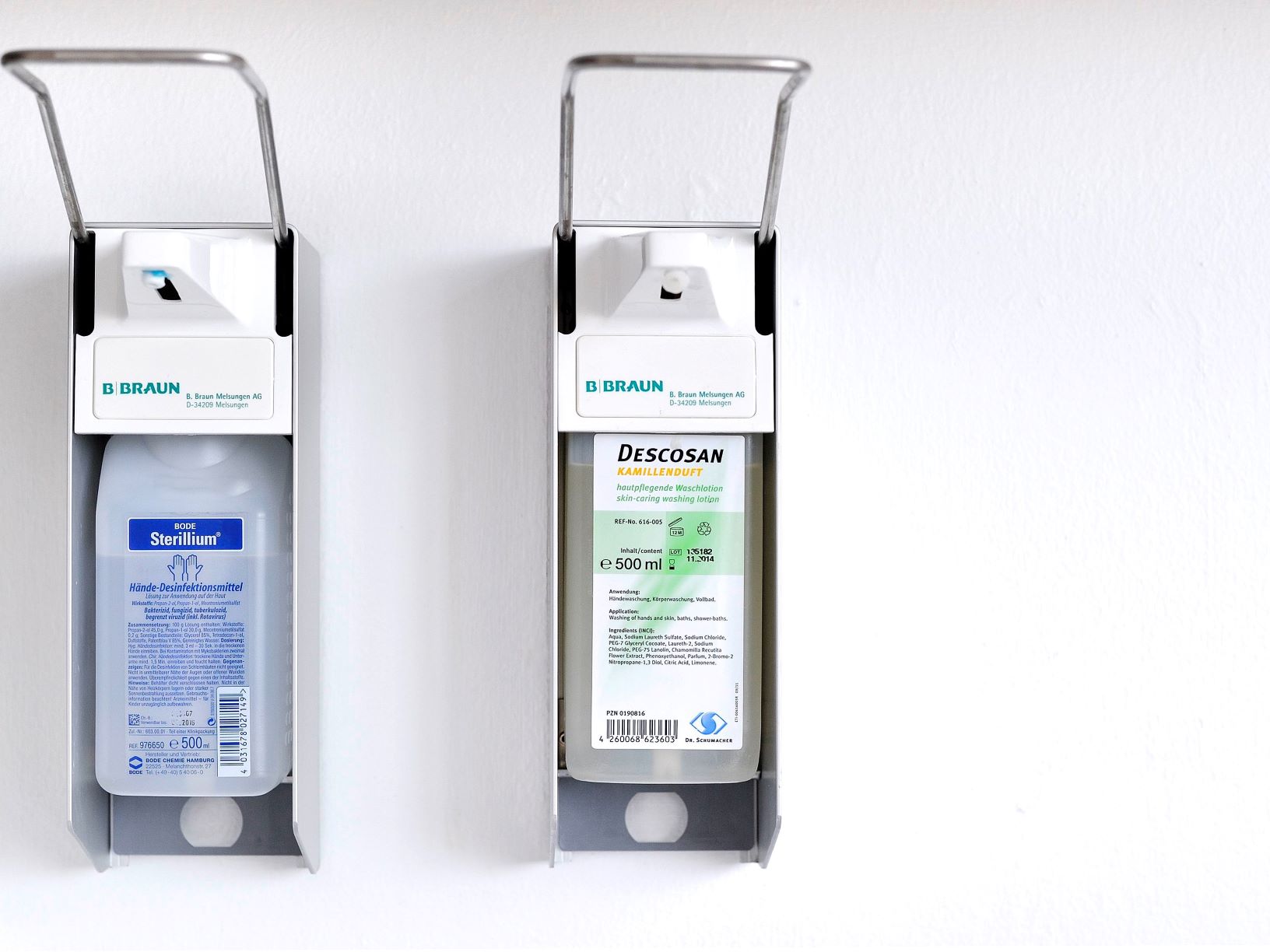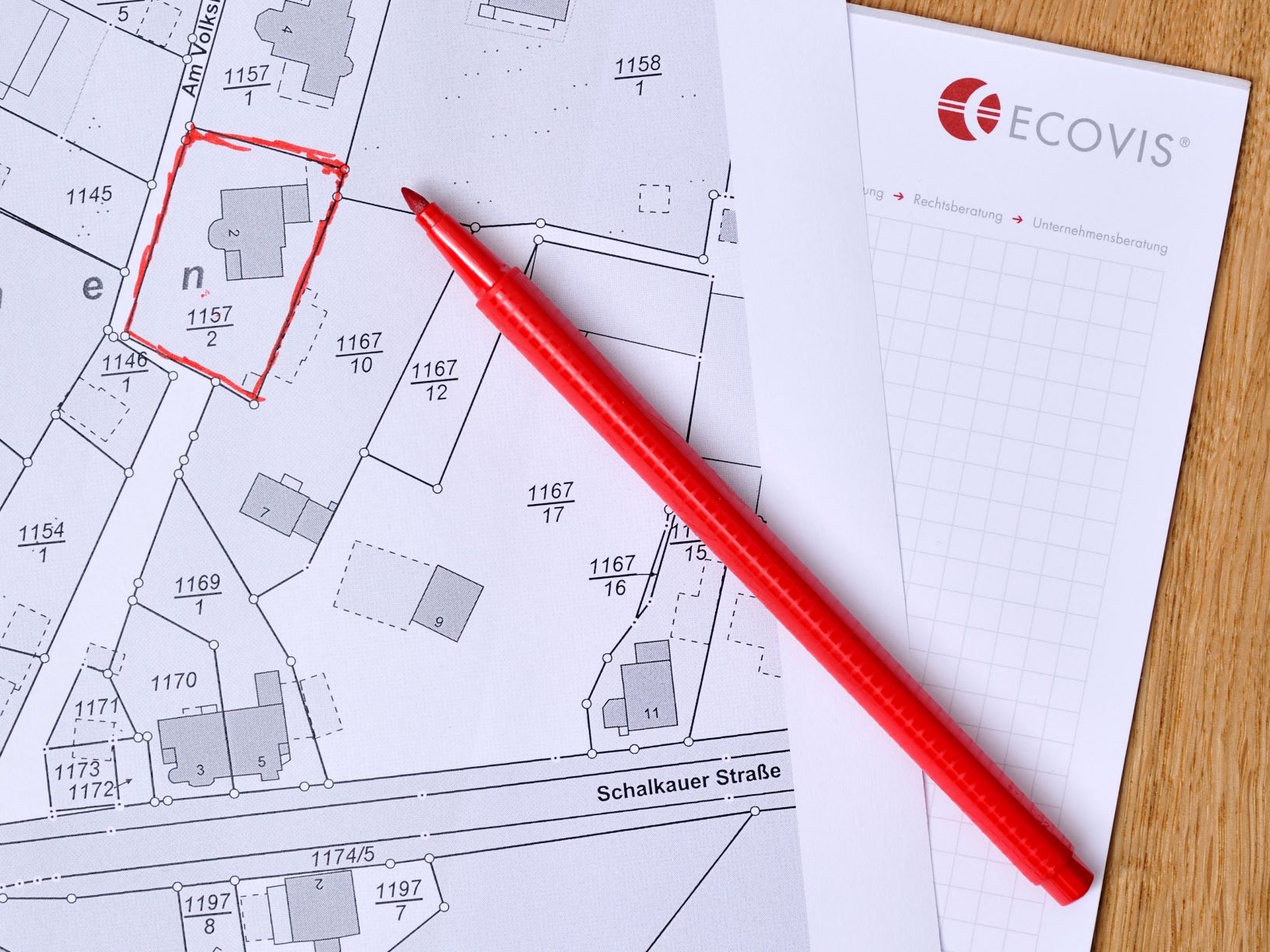It's been two years since the EU directive on work-life balance was issued. What changes are in store for us?
EU member states had until 2 August 2022 to implement Directive (EU) 2019/1158 of the European Parliament and of the Council of 20 June 2019 on work-life balance for parents and carers and repealing Council Directive 2010/18/EU (hereinafter the "the Directive").
The Directive set out individual rights for employees regarding paternity leave, parental leave and care leave, as well as flexible working arrangements for workers who are parents and carers. In comparison to other member States, the Czech Republic has a fairly high degree of protection for workers' rights. As a result, the projected reforms are not novel to us and the majority of them are already established in the legal system.
In mid-September, the Czech Ministry of Labour and Social Affairs submitted to the inter-ministerial comment procedure the long-awaited amendment (hereinafter the "Amendment") to the Act No. 262/2006 Coll., the Labour Code (hereinafter the "the Labour Code"). The purpose is to transpose the Directive and, inter alia, Directive (EU) 2019/1152 of the European Parliament and of the Council of 20 June 2019 on transparent and predictable working conditions in the European Union. The requirements of these directives should have been implemented into the Czech legal system as early as 1 August 2022, so in this respect the Czech legislator is slightly behind schedule.
Paternity leave
Under Article 4 of the Directive, member states are obliged to take the necessary measures to ensure that fathers have the right to 10 working days of paternity leave, which can be taken on the occasion of the birth of a child.
In the Czech Republic, the so-called paternity leave is regulated by Act No. 187/2006 Coll., on Sickness Insurance, as amended (hereinafter the "the Act on Sickness Insurance") and certain other acts, which provides for compensation for its use in the amount of 70% of the assessment base for a period of 2 weeks. Moreover, the paternity benefit can be drawn up to a maximum of 6 weeks after the birth of the child. The above-mentioned conditions of the Directive are therefore fully met by our legislation, which the explanatory memorandum of the Amendment states as well.
Parental leave
Article 5 of the Directive introduces the requirement that each parent is entitled to four months of parental leave, which must be taken before the child reaches a specified age, up to the age of eight, and that two months of parental leave cannot be transferred to the other parent.
The current Czech legislation meets these conditions, as parental leave is granted until the child is 3 years old, to the extent requested by the mother or father, and may be requested repeatedly. In the Amendment it is proposed that the request for parental leave should be in writing and should normally be delivered to the employer 14 days in advance.
Carers' leave
According to Article 6 of the Directive, member states shall take the necessary measures to ensure that every worker has the right to five working days of care leave per year. Member states may determine additional details as to the extent and conditions of care leave in accordance with national law or practice.
As regards nursing allowance and entitlement to care leave in the Czech Republic, the requirements of the Directive have already been largely fulfilled by the Act on Sickness Insurance and certain other acts, which, among other things, extends the circle of persons entitled to nursing allowance when caring for close relatives even without the condition of a common household. However, this benefit has not yet been granted to employees performing work on the basis of a work performance agreement, a work activity agreement and small-scale employment.
To resolve this the Amendment proposes to extend the scope of persons who will be entitled to receive sickness benefits when caring for a sick family member to include employees working under a work performance agreement, a work activity agreement and in small-scale employment, if the employment relationship or work activity agreement is also a small-scale employment.
Time off from work on grounds of force majeure
Under Article 7 of the Directive, member states are obliged to take measures to ensure that every worker has the right to take time off work on grounds of force majeure for urgent family reasons in cases of illness or accident where the worker's immediate presence is indispensable.
The Labour Code already regulates this matter, as the employer is obliged to grant leave of absence to the employee due to important personal obstacles. In addition, if the impediment falls under one of the sickness insurance benefits, the employee will also be provided with appropriate wage compensation, e.g., in the form of sick pay, which amounts to 60% of the employee's assessment wage base.
Flexible working arrangements
Article 8 of the Directive obliges member states to take the necessary measures to ensure that workers with children up to a certain age of at least eight years and carers have the right to request flexible working arrangements for care. If an employer decides not to grant a worker's request for flexible working arrangements, he will have to justify his decision.
The Labour Code already requires employers to allow an employee caring for a child under the age of 15 and an employee caring for a person dependent on the care of another person to reduce the fixed weekly working time or to make other appropriate adjustments to the working time, unless serious operational reasons on the employer's side prevent this.
The Amendment proposes a new obligation for employers to allow a pregnant employee, an employee caring for a child under the age of 15 or a person dependent on the care of another person to work outside their workplace. It also provides for the right of the employee to request the reinstatement of the original working conditions. The performance of work outside the workplace on the basis of a home-office agreement is also regulated in detail.
Protection from dismissal and burden of proof
Under Article 12 of the Directive, an employer cannot terminate an employment relationship simply because an employee plans to take one of the listed types of leave. If there is a reasonable suspicion that the reason for termination is, for example, the employee's forthcoming parental leave, the burden of proof will be on the employer to prove that the real reason for termination is not related to the taking of leave. This is the so-called reverse burden of proof.
In order to ensure this, the Amendment proposes to introduce into the Act No. 99/1963 Coll., Code of Civil Procedure a mechanism for shifting the burden of proof in cases where the plaintiff employee alleges facts sufficient to justify the conclusion that the defendant employer gave him notice or immediately terminated the employment relationship with him because the employee exercised his statutory rights in a lawful manner. The same applies to employees working under agreements for work outside the employment relationship.
The Amendment also proposes a new obligation in the Labour Code for the employer to justify in writing, where appropriate, serious operational reasons preventing the employer from granting the employee's request for shorter working hours, other suitable adjustment of working hours or work outside the employer's workplace.
For more information, contact us at:
ECOVIS ježek, advokátní kancelář s.r.o.
Betlémské nám. 6
110 00 Praha 1
e-mail: mojmir.jezek@ecovislegal.cz
www.ecovislegal.cz
About ECOVIS ježek advokátní kancelář s.r.o.
The Czech law office in Prague ECOVIS ježek practices mainly in the area of Czech commercial law, Czech real estate law, representation at Czech courts, administrative bodies and arbitration courts, as well as Czech finance and banking law, and provides full-fledged advice in all areas, making it a suitable alternative for clients of international law offices. The international dimension of the Czech legal services provided is ensured through past experience and through co-operation with leading legal offices in most European countries, the US, and other jurisdictions. The Czech lawyers of the ECOVIS ježek team have many years of experience from leading international law offices and tax companies, in providing legal advice to multinational corporations, large Czech companies, but also to medium-sized companies and individual clients. For more information, go to www.ecovislegal.cz/en.
The information contained on this website is a legal advertisement. Do not consider anything on this website as legal advice and nothing on this website is an advocate-client relationship. Before discussing anything about what you read on these pages, arrange a legal consultation with us. Past results are not a guarantee of future results, and previous results do not indicate or predict future results. Each case is different and must be judged according to its own circumstances.














